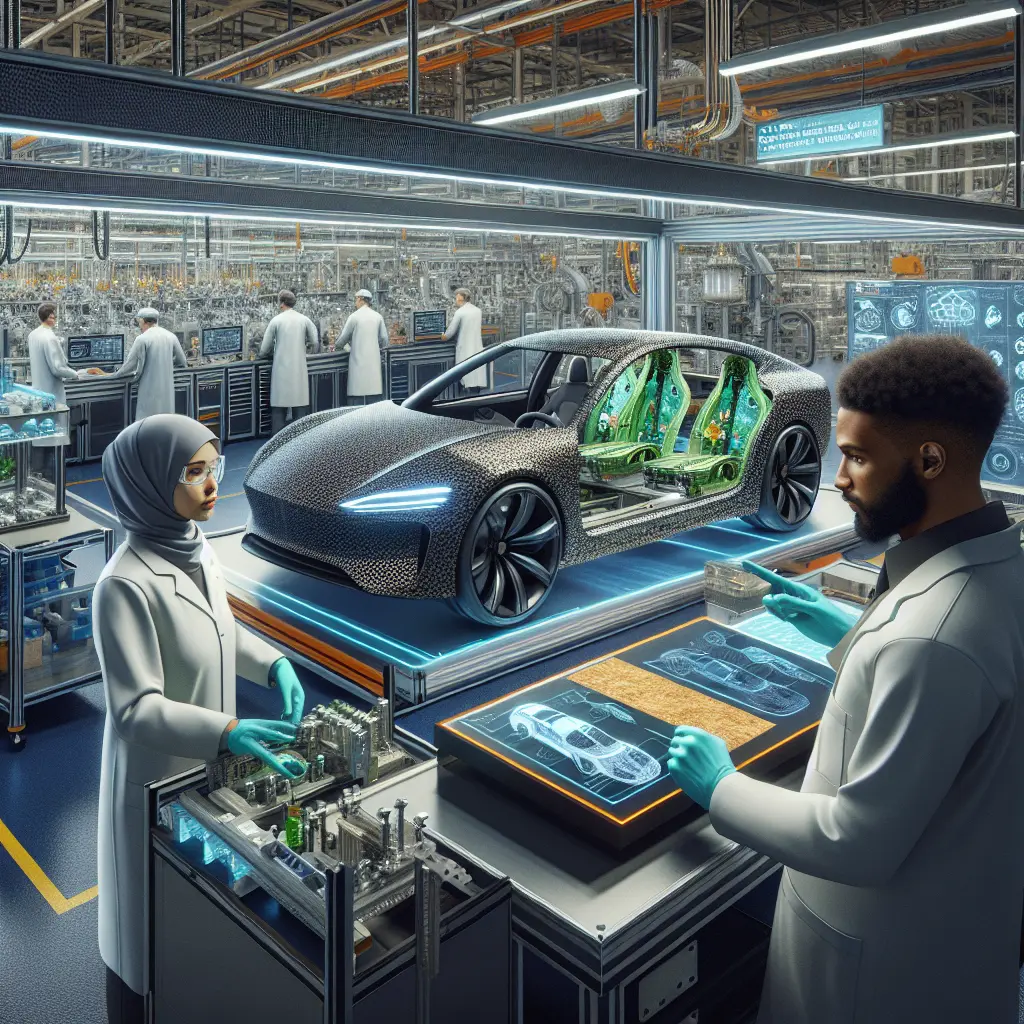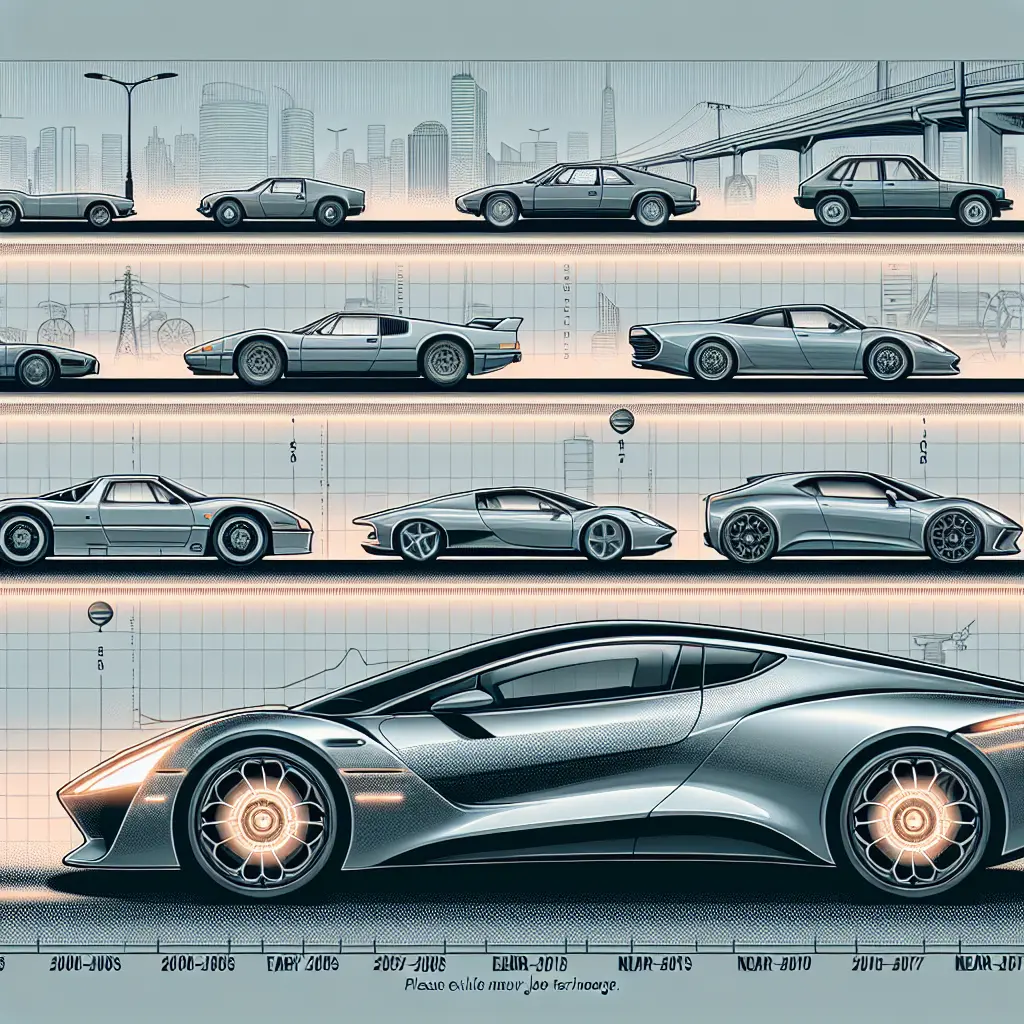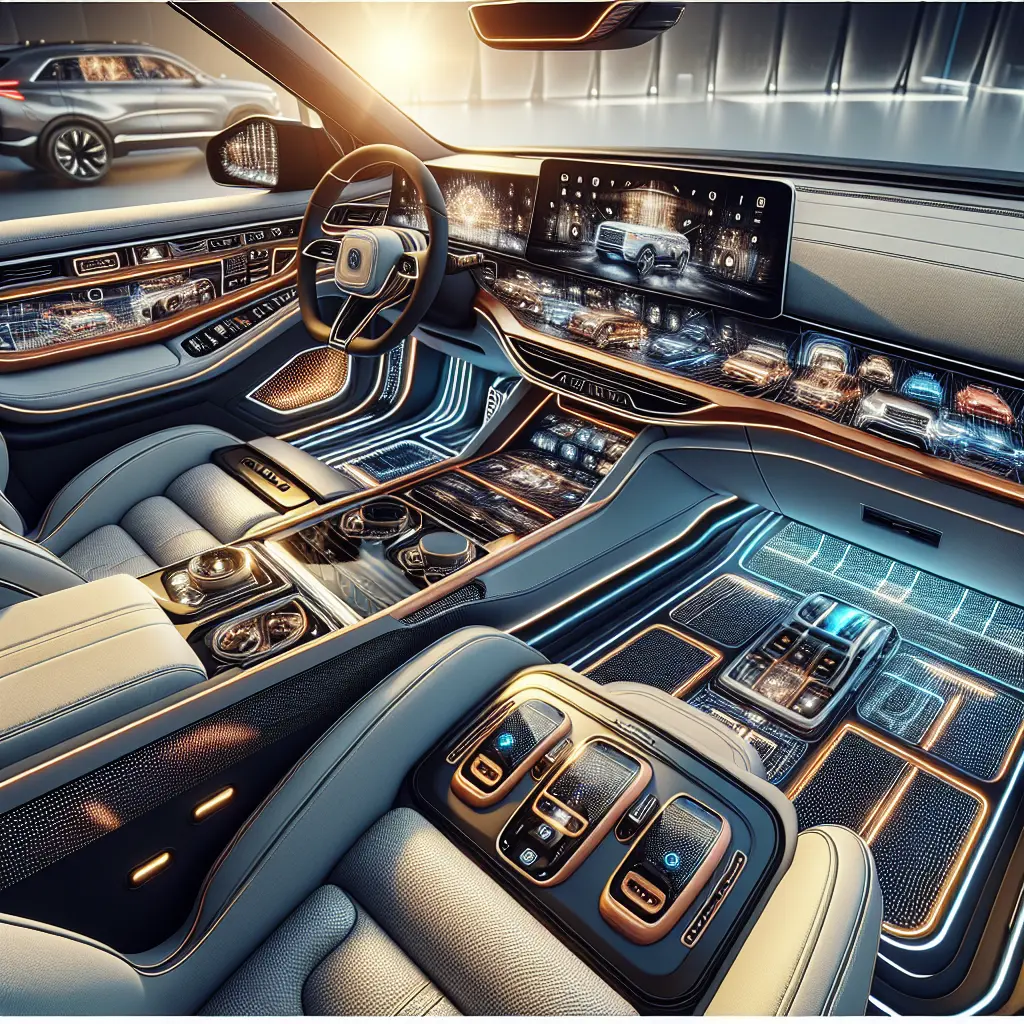As the world pivots towards a more sustainable future, the luxury car manufacturing industry is not only embracing this change but is also at the forefront of pioneering advancements in eco-friendly car materials. This shift is transforming the very essence of the future of the automotive industry, emphasizing sustainable materials that redefine what it means to drive a luxury eco-car. Consumers are increasingly demanding eco-conscious car design, prompting manufacturers to innovate with biodegradable car materials and sustainable car interiors that significantly reduce carbon footprints.
Green car technology is no longer a niche but a necessity, as manufacturers recognize the importance of integrating renewable resources in cars. The fusion of luxury and sustainability has given rise to a new era of sustainable luxury vehicles, where opulence meets responsibility. These vehicles are not only about performance and aesthetics but also about contributing to sustainable automotive trends that resonate with an eco-conscious audience.
The luxury car manufacturing industry stands at the cusp of an exciting transformation as it embraces sustainable materials to redefine what it means to drive a luxury vehicle. This shift aligns with the broader movement towards eco-friendly practices across industries, with manufacturers integrating innovative car materials and green car technology to meet the increasing demand for eco-conscious car design. In this section, we delve into how these advancements are setting new benchmarks in the future of the automotive industry.
The integration of eco-friendly car materials is no longer an option but a necessity in luxury car manufacturing. Recent developments highlight the use of recycled metals, plant-based fabrics, and even lab-grown leather. For instance, Mercedes-AMG's test-driving of the 671-horsepower C 63 S E Super Sedan not only showcases high performance but also integrates sustainable materials, demonstrating that high performance and sustainability can coexist without compromise.
Luxury car manufacturers are exploring the potential of renewable resources in cars, which significantly reduces their carbon footprint. By using biodegradable car materials, such as plant-based composites, these vehicles contribute to sustainable automotive innovation. Notably, Automobili Pininfarina's partnership with Warner Bros. has led to the creation of the Gotham Barchetta—an EV hypercar that merges luxury with sustainable design.
Sustainable Luxury Vehicles: A New Era
The emergence of sustainable luxury vehicles signifies a new era where opulence meets responsibility. Karma Automotive exemplifies this trend by emphasizing ultra-luxury combined with sustainable practices, showcased at Monterey Car Week 2024. These vehicles are not just about aesthetics and performance but are a testament to the industry's commitment to eco-friendly innovations.
Reducing the carbon footprint in cars remains a pivotal goal for manufacturers. Lamborghini's record first-half results in 2024 highlight their dedication to combining luxury with carbon footprint reduction strategies. By investing in green car technology and adopting sustainable materials, they set a precedent for other luxury brands to follow.
The demand for eco-conscious car design is prompting manufacturers to rethink traditional automotive interiors. The use of sustainable car interiors is gaining traction, as evidenced by initiatives from companies like Mercedes-Benz at events such as the SEMA Show. This shift not only aligns with environmental goals but also enhances the driving experience through innovative design and material use.
Sustainable automotive trends are reshaping the industry by fostering an environment where innovation thrives. The continuation series by Alvis, a storied name in British motoring, revives classic designs with modern sustainable practices. This blend of heritage and innovation underscores the industry's ability to adapt and evolve.
Conclusion
As the luxury car manufacturing industry embraces sustainable materials, it marks a significant shift towards a more responsible future. By integrating biodegradable car materials, adopting eco-conscious designs, and leveraging renewable resources, these manufacturers are setting new standards for luxury vehicles. This transformation is not just about meeting consumer demands but also about ensuring that the grandeur of luxury cars can coexist harmoniously with environmental stewardship. The journey toward sustainable luxury vehicles is exhilarating, promising a future where driving a luxury eco-car is both a pleasure and a contribution to preserving our planet.
We invite you to share your thoughts and experiences on this transformative journey. How do you see sustainable materials influencing your perception of luxury vehicles? Join the conversation and explore how we can all contribute to a more sustainable automotive industry.









Leave a Comment